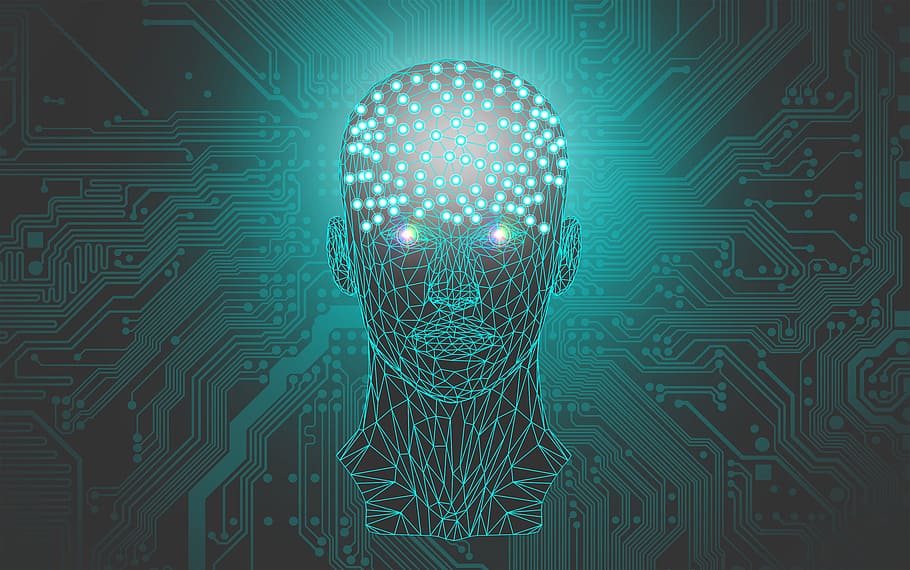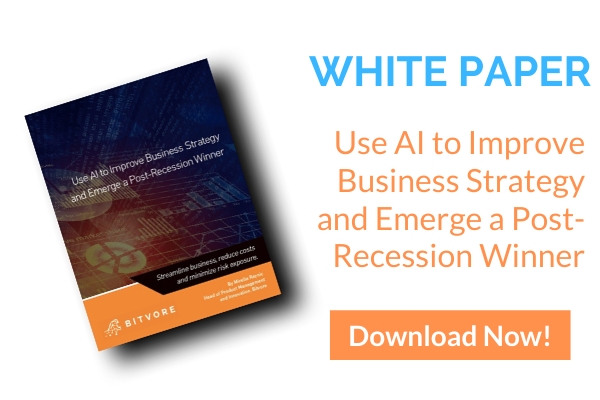
Pursuing technology and innovation has always been a key attribute of our existence. Since the dawn of time, innovators have focused upon methods of improving daily life in every way possible.
Artificial intelligence is one technology that has existed in human imagination for many years, but only recently has come to full fruition. Nowadays, AI is touted for its ability to mimic human interaction and decision-making.
Artificial intelligence was once thought to be a scientific dream with no real-world applications. Recent times have seen a dramatic shift from fantasy to reality as AI continues to integrate into various aspects of society. Today AI exists in everyday items ranging from refrigerators to automobiles. As AI continues to improve by leaps and bounds, decision-makers in various fields have been striving to harness the positive attributes of the technology.
Historically science and religion have met one another in strict opposition. However, leaders in both realms recently came together to establish a standard set of ethical guidelines. In February, the Vatican joined forces with IBM and Microsoft to pledge an oath of ethics in AI.
Establishing AI Guidelines
Pope Francis recently directed a study aimed at harnessing the positive effects of AI technology. With the help of the Pontifical Academy of Life group, IBM, Microsoft, the United Nations, and the Vatican united together to create a document aimed at supporting ethical approaches to AI.
In Rome on February 28th, the “Call for an AI Ethics” was developed as a means of enhancing digital innovation and technological progress while adhering to a common code of ethical principles. While Microsoft and IBM historically have not participated in religious functions, the collective agreement reflects upon the globalization of AI technology.
Uses of AI include improving modern medicine, eliminating monotonous human activities, and even environmental regulation. While these advancements speak to the widespread appeal of AI, any technology can be used for illegitimate purposes in the wrong hands. Establishing ethical guidelines among private and public institutions can minimize the likelihood of misconduct and morality issues.
Legally binding regulatory guidelines such as the Precision Regulation for Artificial Intelligence can further these efforts. These types of accountability bylaws help to establish a sense of trust and transparency amongst customers. AI machines learn and grow through human interaction, so it’s our responsibility to ensure that a proactive approach to regulation is taken.
The document created by the Vatican calls for political leaders, researchers, corporations, and various other entities to collectively advance AI technologies while adhering to a common code of ethics. While AI was created to make life easier, humans have the final say as to how it may be applied within the real-world.
Within AI and machine learning, human inputs result in corresponding outputs. Using biased data will likely result in biased outcomes. The word choices humans use within algorithms can inadvertently reflect biases within our society. Technologies such as word embedding models can help to identify real-world biases. Word embedding analyzes and establishes relationships within text; therefore word choice and data inputs within algorithms are of the utmost importance.
AI and machine learning algorithms are playing an increasing role in our lives. As such, the likelihood of bias may increase depending upon the data used within models. It's important to carefully analyze and configure data before inputting it into specific algorithms. Creating highly efficient models of human behavior relies on using sufficiently structured data.
Using Bitvore to Create AI-Ready Data
Achieving precise analytics relies on using appropriate datasets; therefore data scientists must be sure to categorize and segregate data appropriately. Unfortunately, many data scientists end up spending over 80% of their time simply preparing data for use.
Bitvore takes massive amounts of unstructured data and turns it into AI-ready data, helping businesses improve their decision-making capabilities by delivering personalized and quantifiable results. To learn more about how AI can improve your business strategy, download our latest white paper.

